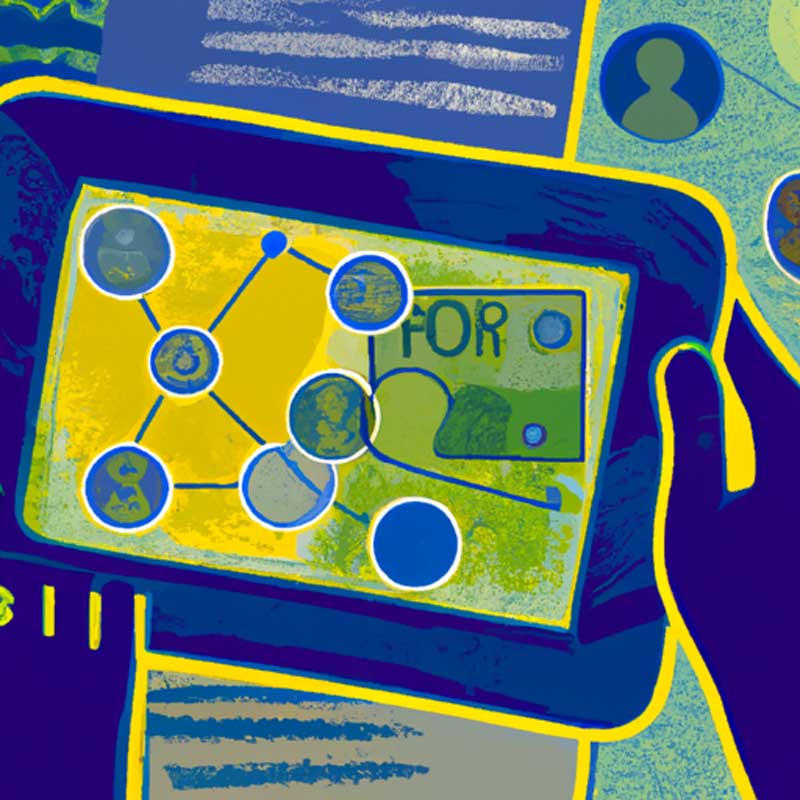TLDR:
• Integrated real-world data is essential for understanding healthcare outcomes.
• Real-world data can help address health equity issues and improve patient care.
In order to understand the current state of the healthcare system, it is essential to have comprehensive sources of real-world and integrated data linked with data from across the healthcare ecosystem, including laboratory results, mortality, electronic health records (EHR), race, ethnicity data, social determinants of health data, and vaccination records. Insights gathered from this integrated data can help researchers understand how treatments during pregnancy can affect outcomes for both mothers and infants, detect rare events, and improve vaccine safety data.
About 80% of clinical trial participants are White, leading to a lack of representation and health inequities. Integrated data sets can better represent the full continuum of patients seen in everyday clinical practice, helping to understand medicine outcomes in a broader population. By using integrated data to paint a vibrant picture of human health, we can address healthcare challenges and work toward a more just and equitable society.









